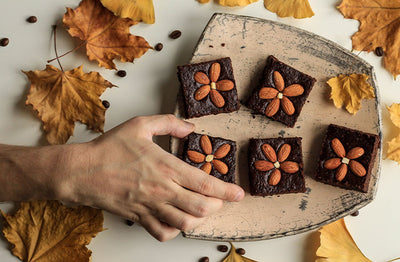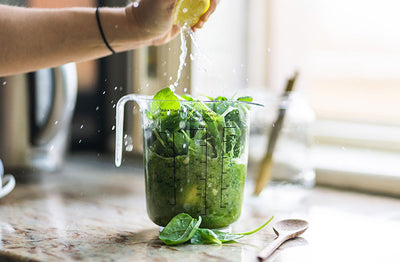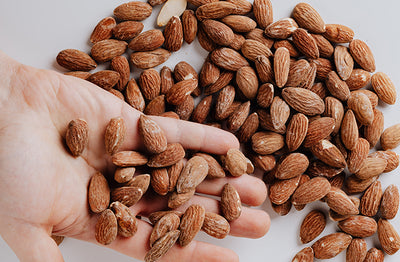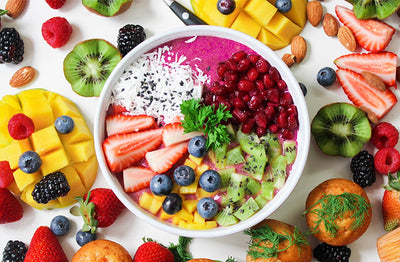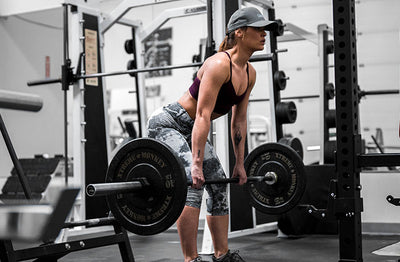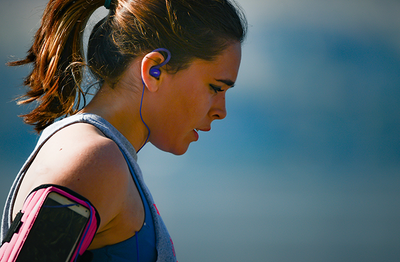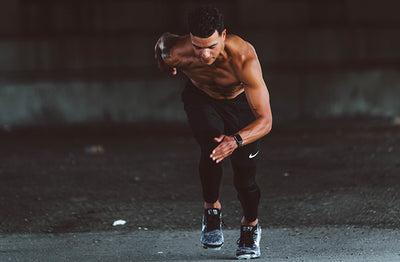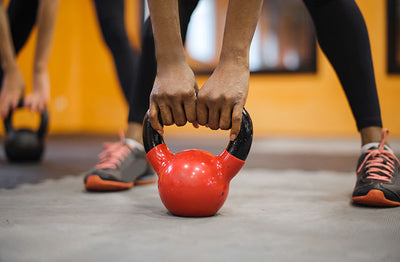Eating For Performance
Robin Smith
No Comments
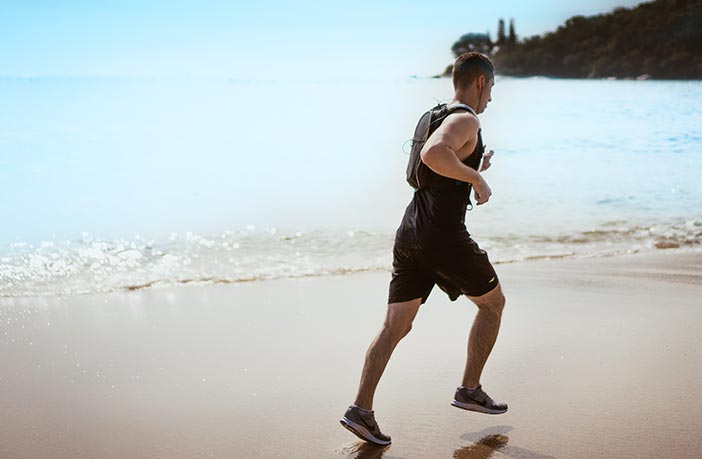
Eating for performance
If you want to perform well, you’ve got to eat well. It’s really that simple.
A good eating plan will help you train harder, for longer, and recover quicker. It will also make sure you’re able to perform at your peak when you’re competing.
While the best eating plan will take into consideration your goals, nutritional needs and genetics, there are some basic guidelines that you can follow without visiting a sports nutritionist:
Water:
Drink a lot of it. If you’re exercising and sweating, you should be drinking enough to replace your sweat, on top of two litres per day. Keeping your fluids up is of immense importance to health, fitness and performance.
Your body needs carbohydrates, protein, fat, vitamins, minerals and fluid to fuel it for exercise.
Even if you're not in a sport that has a finish line, eating right means you are able to delay fatigue; it can allow you to push harder and recover faster. It can give you the edge you need to set a personal record. Without the proper kilojoules, nutrients and fluid, your efforts could be unsuccessful.
Eating right will:
Help you train longer and at a higher intensity
Delay the onset of fatigue
Promote recovery
Help your body adapt to workouts
Improve body composition and strength
Enhance concentration
Help maintain healthy immune function
Reduce the chance of injury
Reduce the risk of heat cramps and stomach aches.
Get the most out of your workouts. Whether you are a pro athlete, a runner or a gym enthusiast, what you eat matters. Eat right for optimal performance.
How to eat right is to make sure you’re getting the right amount of protein, vitamins, minerals and other nutrients for your needs. Don’t skip meals. EVER. Try to make sure
As an example, here’s what an olympic rower’s eating plan might include:
7am: breakfast
large bowl of cereal, such as porridge, muesli or Weetabix
half pint semi-skimmed milk plus chopped banana
1-2 thick slices wholegrain bread with olive oil or sunflower spread and honey or jam
glass of fruit juice
1 litre fruit squash
8am: training
1 litre sports drink during training
9.45am: post-training second breakfast
portion of scrambled eggs
portion of baked beans
1-2 rashers grilled lean bacon
portion of grilled mushrooms or tomatoes
2 thick slices wholegrain bread with olive oil spread
1 litre fruit squash
11am: training
1 litre sports drink during training
500ml low-fat milkshake after training
1pm: lunch
pasta with bolognese or chicken and mushroom sauce
mixed side salad
fruit
1 litre fruit squash
4pm: training
1 litre water or sports drink during training
5.30pm: post-training snack
large bowl of cereal with half pint semi-skimmed milk, or 4 slices toast with olive oil or sunflower spread and jam with large glass of semi-skimmed milk
fruit
500ml water
7.30pm: dinner
grilled meat or fish, such as salmon, tuna or chicken, or lean red meat
6-7 boiled new potatoes, large sweet potato or boiled rice
large portion of vegetables, such as broccoli, carrots, corn or peas
1 bagel
1 low-fat yoghurt and 1 banana or other fruit
750ml water and squash
9.30pm: bedtime snack
low-fat hot chocolate with 1 cereal bar
10.30pm: bed
As you can see, it’s quite high in carbs, which are necessary for and athletes energy. Because they’re so active, they burn it off quickly and need replenishment each night.
A good rule of thumb is to make sure you eat lots of small meals regularly. You want your body to be fuelled at all times, especially when you are competing and need to be at your peak.
Read Also:
Share



